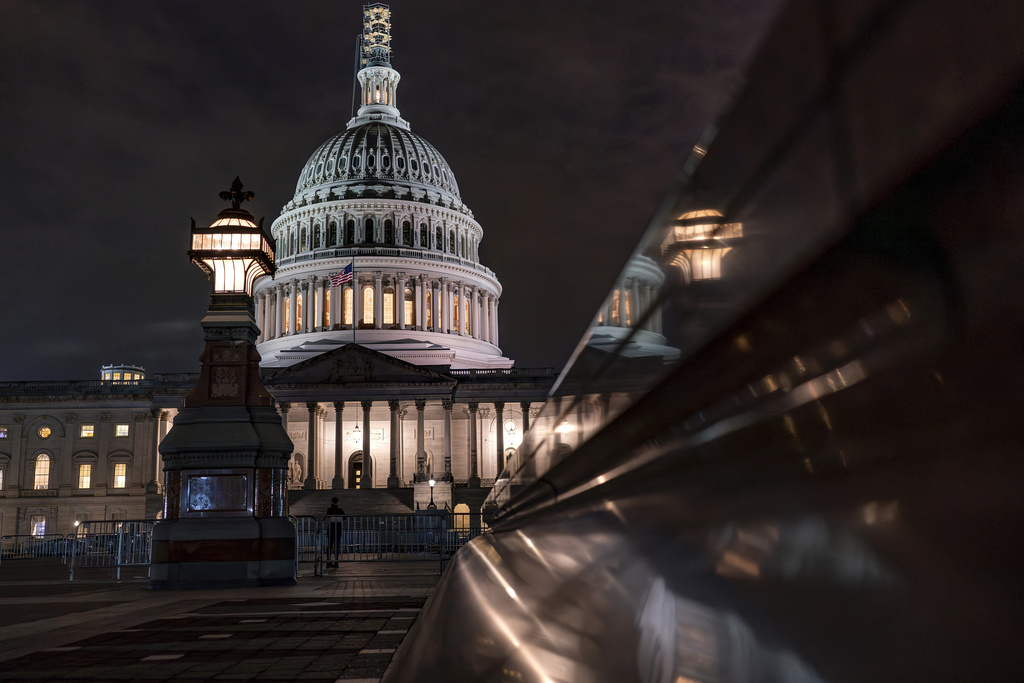WASHINGTON – The Sunday 12:01 AM deadline looms in the distance as lawmakers in the House scramble to create a plan to avoid the imminent government shutdown.
Each year, Congress must pass spending bills before October 1st, the start of the new fiscal year, or the government will run out of money. If Congress fails to act before this date, funding will lapse and nonessential government functions will be stopped.
While the Democrat-held senate passed a Clean Resolution (CR) in a 77-12 vote on Tuesday, it is still up to the upper chamber to pass it.
But first, it’s important to know how we got to this point. House Republicans struck a deal with the White House to establish spending caps for the next two years, designed to avoid a shutdown. But House Speaker Kevin McCarthy, R-California., has been in need of support from the Republican Party’s most conservative members, who have been allowed to mark up spending bills below the caps that they agreed upon with the Biden administration in exchange for loyalty to McCarthy.
As the deficit is debated, many Republicans in the House are divided over rising spending, especially costs relating to Ukraine. The short-term CR includes only $6.2 billion allocated to Ukraine, an $18 billion decrease from President Joe Biden’s request in August. House Democrats, conversely, are ready to support the Senate’s CR.
“I will oppose any effort to hold the federal government hostage for Ukraine funding; I will not consent to expedited passage of any spending measure that provides any more US aid to Ukraine,” Senator Rand Paul, R-Kentucky., posted on X, formerly known as Twitter.
The new CR does not include additional funding for border security as many House Republicans wish for, nor does it include natural disaster relief for Hawaii and Florida.
Government operations nearly entirely rely on federal funding, with millions of workers depending on their paychecks ranging from National Park Rangers to Washington D.C public service workers. This includes nearly 1 million civilians and 1.3 million active-duty troops.
“A shutdown would degrade and impact our operational planning and coordination, impact our more than 800,000 civilians, and severely diminish our ability to recruit and retain quality individuals for military service,” DOD officials said.
The government shutdown could also inflict damage on the economy. Many economists suggest that the longer the shutdown lasts, the more damage it will end up causing. Combined with other factors like high interest rates, the restart of student loans, and potential strikes this fall, the shutdown can damage the mood of consumers, potentially causing a recession.
The prolonged shutdown could also hurt Biden’s re-election prospects, as he is up for election next November.
The longest government shutdown was 34 full days, from December 21st, 2018 to January 25th, 2019.
As the country eagerly waits for the 12:01 AM deadline on Sunday, it is unclear whether Congress will find a resolution; the consequences may cause serious damage to the economy and the citizens of the United States of America.



krishvp • Sep 29, 2023 at 8:45 am
hi vedant this is a beautiful and well written piece that is quite reflective. you are my icon !